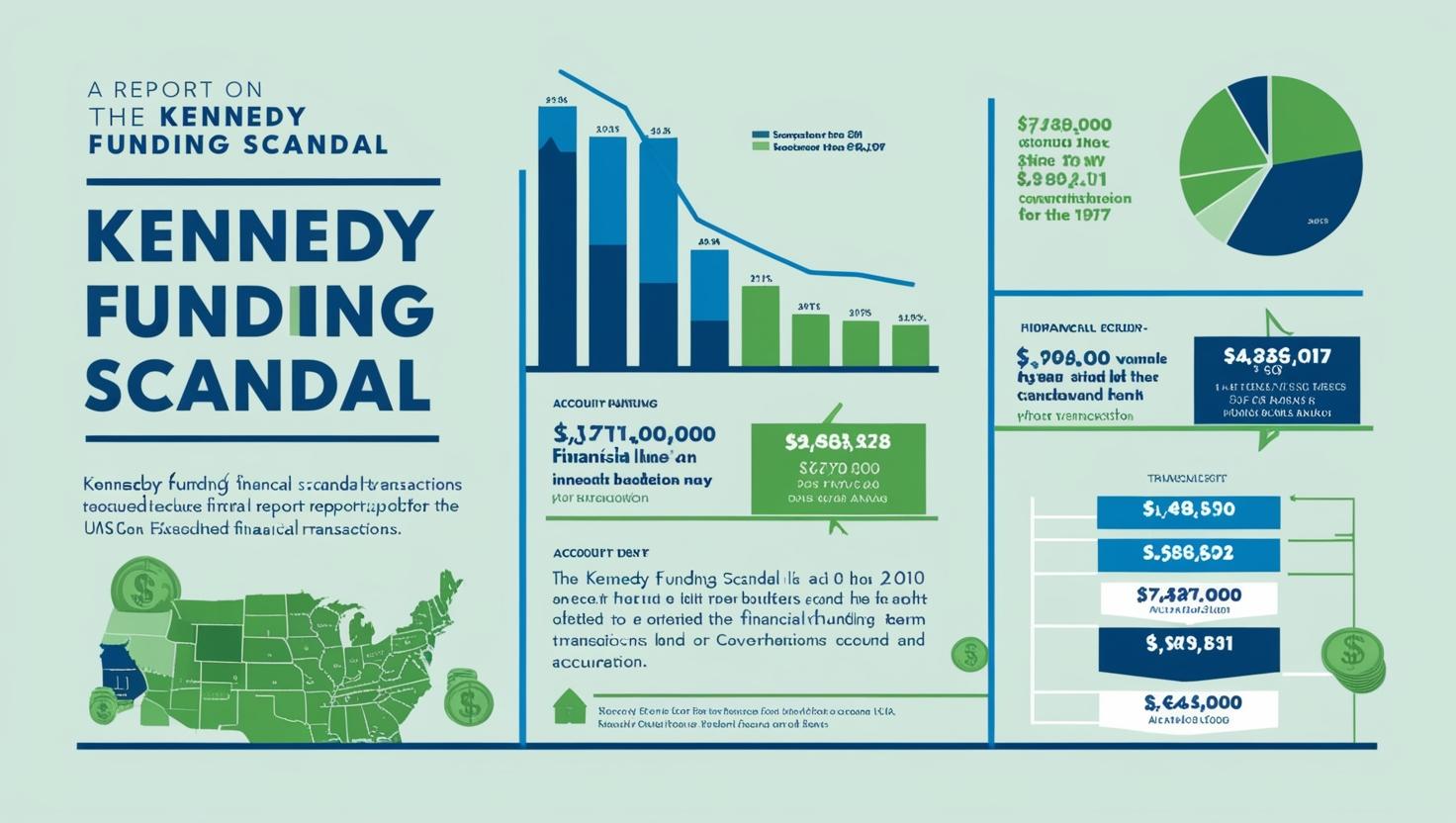Kennedy Funding is a well-known private lender that provides commercial real estate loans. Some people have raised concerns about its lending practices, leading to reports of dissatisfaction. This article explores what Kennedy Funding does, the common complaints, legal aspects, and ways to protect yourself when dealing with private lenders.
What is Kennedy Funding?
Kennedy Funding is a direct private lender that offers loans for real estate projects. It provides funding for land development, construction, and property purchases. Unlike traditional banks, it focuses on quick approvals and flexible lending terms.
Why Do People Seek Loans from Private Lenders?
Many borrowers choose private lenders like Kennedy Funding because they face challenges with banks. Some reasons include:
- Fast Approval – Private lenders approve loans quicker than banks.
- Flexible Terms – They offer loans that banks may not provide.
- Credit Issues – Borrowers with low credit scores may still qualify.
- Unique Projects – Some real estate deals require specialized loans.
Common Complaints About Kennedy Funding
Some borrowers have shared negative experiences with Kennedy Funding. The most common complaints include:
- High Fees – Some clients say fees are higher than expected.
- Loan Denial After Approval – Some people claim their loans were initially approved but later denied.
- Slow Process – Even though approvals are fast, finalizing loans can take longer.
- Unclear Terms – Some borrowers feel they did not fully understand the loan terms.
- Hard Money Lending Risks – Private lending can be riskier than traditional financing.
Understanding Hard Money Loans
Kennedy Funding specializes in hard money loans. These loans:
- Use Property as Collateral – If the borrower fails to pay, the lender takes the property.
- Have Higher Interest Rates – Rates are often higher than traditional loans.
- Offer Short Repayment Periods – Loans must be repaid quickly.
- Focus on Asset Value – Approval is based on property value rather than credit history.
How to Protect Yourself When Borrowing
Before working with any lender, including Kennedy Funding, take steps to stay safe:
- Read Loan Terms Carefully – Understand fees, interest rates, and repayment schedules.
- Check Reviews and Complaints – Research borrower experiences.
- Consult a Financial Expert – Get advice before signing a contract.
- Compare Lenders – Look at multiple options before choosing one.
- Negotiate Terms – Ask for better rates or lower fees if possible.
Legal Issues and Borrower Rights
If a borrower feels unfairly treated, they may take legal action. Some key legal points include:
- Truth in Lending Act (TILA) – Requires lenders to disclose all loan details.
- Fraud and Misrepresentation – Borrowers can sue if misled about loan terms.
- State Lending Laws – Each state has rules on interest rates and loan practices.
- Breach of Contract – If the lender does not follow the agreement, legal action may be possible.
Alternatives to Private Lending
If Kennedy Funding does not seem like the right choice, other loan options exist:
- Bank Loans – Lower interest rates but stricter requirements.
- Credit Unions – More flexible than banks and lower fees.
- Government Loans – Programs for small businesses and real estate investors.
- Crowdfunding and Peer-to-Peer Lending – Online platforms for raising money.
- Personal Investors – Partnering with private individuals for funding.
Tips for Finding a Reliable Lender
To avoid financial issues, choose a lender carefully:
- Check Licensing – Ensure the lender is registered and legal.
- Look for Transparency – Honest lenders provide clear information.
- Avoid Pressure Tactics – Be cautious of lenders who rush you to sign.
- Ask for Written Agreements – Never rely on verbal promises.
- Verify Loan Terms – Confirm everything before accepting the money.
Final Thoughts on Kennedy Funding
Kennedy Funding is a major player in private lending, but it has mixed reviews. Some borrowers praise its fast approvals and flexible options, while others express concerns about costs and transparency. The key to smart borrowing is understanding loan terms, researching lenders, and knowing your rights before making a decision.
